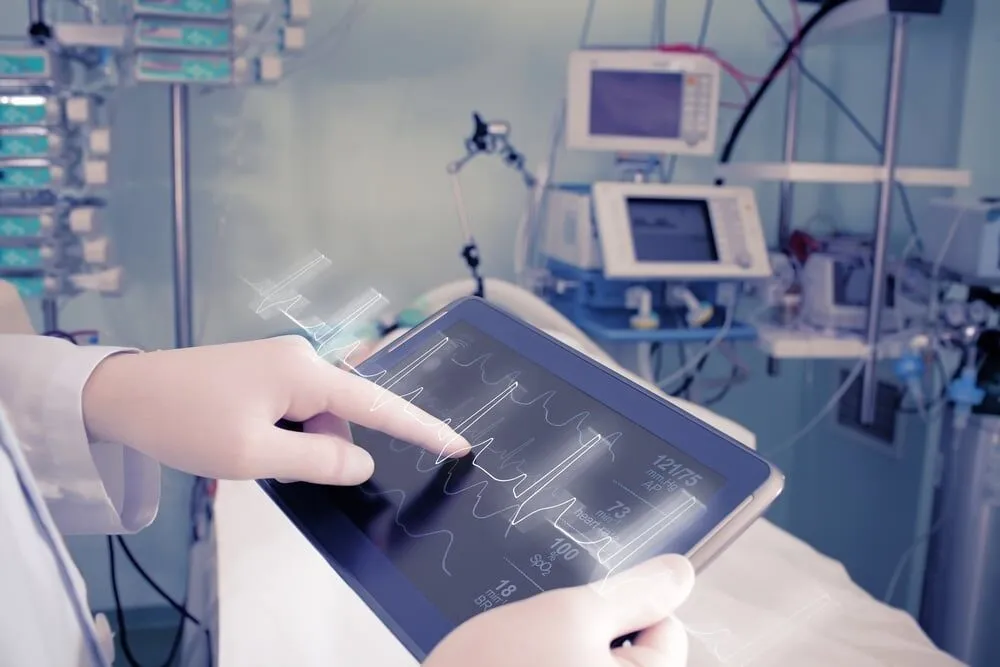The career landscape in Pakistan’s healthcare sector is rapidly evolving, with a noticeable shift from traditional paths like MBBS and BDS to the burgeoning field of medical technology. This new career choice, which lies at the intersection of technology and healthcare, is gaining significant interest among students nationwide.
Medical technology is reshaping career goals and perspectives within the healthcare industry through its innovative developments and transformative potential. It harnesses cutting-edge discoveries to improve patient outcomes, streamline healthcare processes, and address longstanding challenges. From advanced diagnostic tools to innovative therapeutic techniques, medical technology is at the forefront of driving progress in healthcare delivery.
The growing fascination with medical technology among students is fueled by various factors that reflect the changing dynamics of healthcare and the increasing integration of technology into the sector. Today’s learners are more aware of global health challenges and the critical role technology plays in addressing them. This field offers opportunities to contribute to global health solutions, such as developing diagnostic tools for infectious diseases or deploying telemedicine in underserved regions.
Medical technology stands out due to its blend of scientific expertise and technological proficiency. Students pursuing this path gain a deep understanding of medical principles while also acquiring the technical skills needed to use advanced tools and techniques to tackle complex healthcare problems.
Several factors contribute to the rising interest in medical technology in Pakistan. The changing healthcare landscape requires professionals who can navigate the complexities of modern healthcare delivery. Medical technologists are uniquely equipped to meet this demand by combining medical knowledge with technological expertise.
Additionally, medical technology’s global impact is a significant draw. In a world where infectious diseases and chronic conditions are major health concerns, this field offers students a way to make meaningful contributions to solving these issues, both locally and internationally.
Medical technology also offers practical advantages. Unlike traditional medical degrees, which require extensive academic training, medical technology programs provide a quicker path to employment, allowing students to begin their careers sooner and advance more rapidly.
As Pakistan’s healthcare sector continues to evolve, there is an increasing need for professionals with practical skills and specialized knowledge. Medical technology programs provide this expertise, preparing students to excel in a technology-driven healthcare environment.
The growing interest in medical technology among students heralds a new era of innovation, adaptability, and forward-thinking in Pakistan’s health sector. As the country embraces this transformative path, it is poised to unlock the full potential of medical technology and usher in a new era of exceptional healthcare.
The Allied Health Professionals Council (AHPC) under the Government of Pakistan plays a crucial role in regulating and advancing the field of medical technology. Established to oversee the practice, education, and development of allied health professionals, including medical technologists, the AHPC sets standards, ensures quality, and promotes excellence within the field. Through regulatory oversight, standardization of education, professional development, advocacy, and quality assurance, the AHPC helps advance the practice of medical technology, enhance patient care, and contribute to the overall quality of healthcare delivery in the country.
In conclusion, the rise of medical technology represents a significant shift in Pakistan’s healthcare industry. As more students pursue this path, they lay the foundation for a future where technology and innovation expand the horizons of healthcare. Medical technology promises a brighter, healthier tomorrow for Pakistan.
